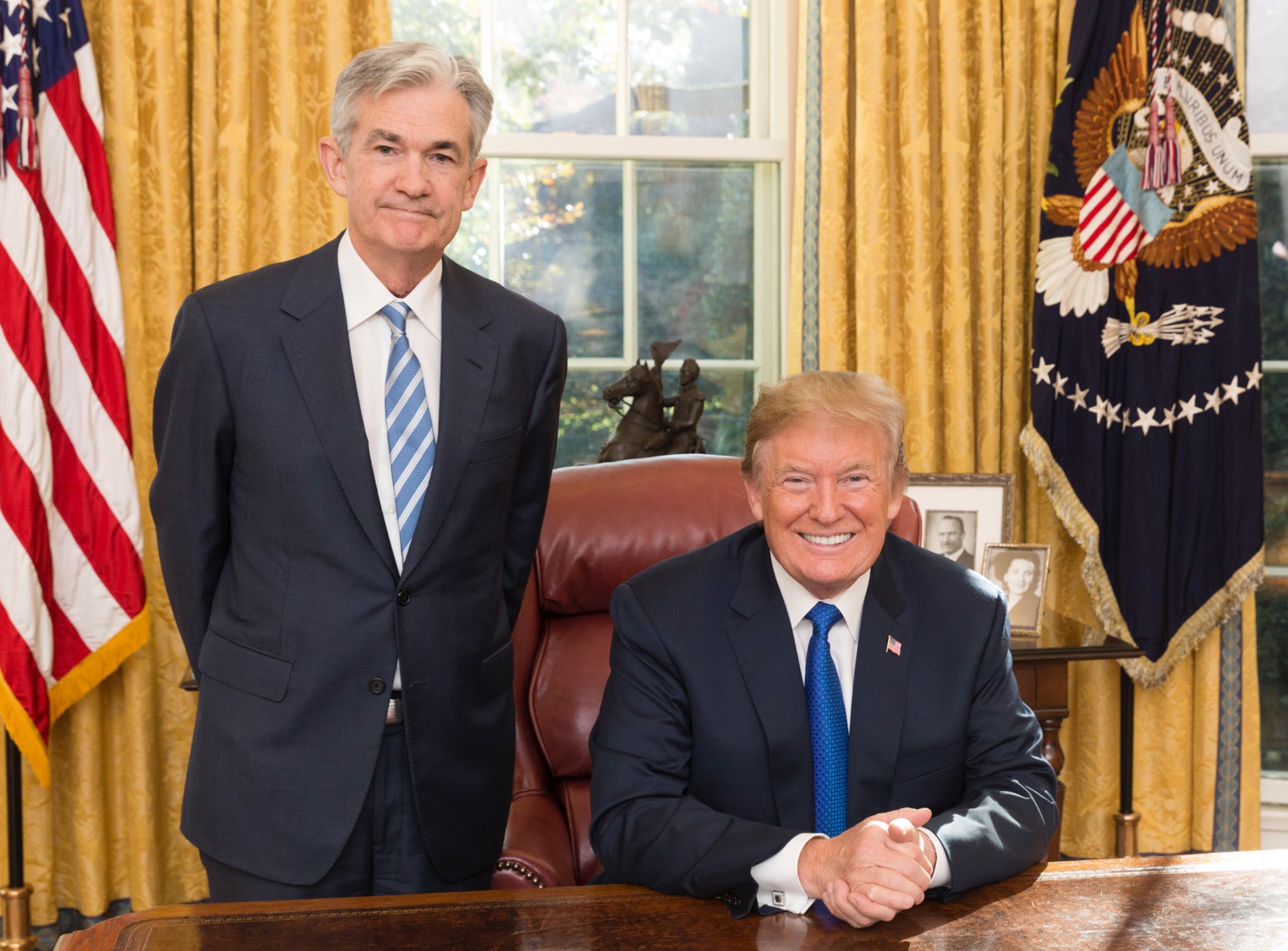A coalition of U.S. newspapers, spearheaded by prominent publications like the New York Daily News and Chicago Tribune, has initiated a legal battle against Microsoft (MSFT) and OpenAI, marking a significant escalation in the ongoing discourse around intellectual property rights in the age of artificial intelligence. Filed in a New York federal court, the lawsuit accuses the tech giants of unlawfully using the newspapers' content to train their advanced AI models, including Microsoft's Copilot and OpenAI's ChatGPT. This legal action reflects broader concerns in the journalism industry about the unlicensed use of copyrighted material to feed the expansive data appetites of AI systems.
The plaintiffs, all owned by MediaNews Group—a subsidiary of investment firm Alden Global Capital—allege that millions of articles were copied without permission to refine and enhance AI algorithms. This lawsuit joins a growing list of complaints that echo similar grievances aired by other major news organizations, including the New York Times, which have also taken legal action against Microsoft and OpenAI. Both companies have substantial investments in AI, with Microsoft notably backing OpenAI with billions of dollars. The repercussions of these lawsuits could set precedents in copyright law adaptation to the burgeoning AI sector.
Market Overview:
-A group of U.S. newspapers accuses Microsoft and OpenAI of copyright infringement in training their AI systems.
-The lawsuit alleges the tech companies used millions of copyrighted articles without permission or compensation.
-This case adds to growing legal battles concerning data usage in the development of generative AI.
Key Points:
-MediaNews Group, owner of publications like the New York Daily News and Chicago Tribune, sues Microsoft and OpenAI.
-The lawsuit claims the companies copied articles to train AI products like Microsoft's Copilot and OpenAI's ChatGPT.
-The plaintiffs argue this unauthorized use harms their reputations and financially benefits the tech giants.
Looking Ahead:
-The lawsuit could set a precedent for how copyright law applies to training data for AI systems.
-Microsoft and OpenAI may need to adjust their data acquisition practices or face potential licensing costs.
-The case raises questions about balancing innovation in AI with the protection of intellectual property.
In response to the allegations, an OpenAI spokesperson stated that the company meticulously designs its products to support news organizations. Conversely, Microsoft opted not to comment on the ongoing litigation. Steven Lieberman, representing the newspapers, argued that while OpenAI and Microsoft properly compensate their tangible operational costs, they seemingly overlook the necessity to remunerate content creators whose intellectual property powers their AI systems.
The lawsuit also highlights the specific harms attributed to the AI's outputs, including the generation of fictitious articles that could potentially tarnish the newspapers' credibility. Notably, fabricated articles were cited in the complaint, such as one falsely promoting smoking as an asthma remedy under the Denver Post’s name and another endorsing a dangerous infant product attributed to the Chicago Tribune. These instances underscore the complex challenges and potential risks of deploying AI technologies that interact closely with factual content and public perception. The newspapers are seeking unspecified damages and a judicial order to prevent further misuse of their copyrighted works.




